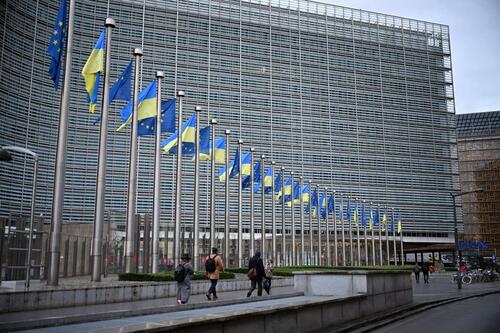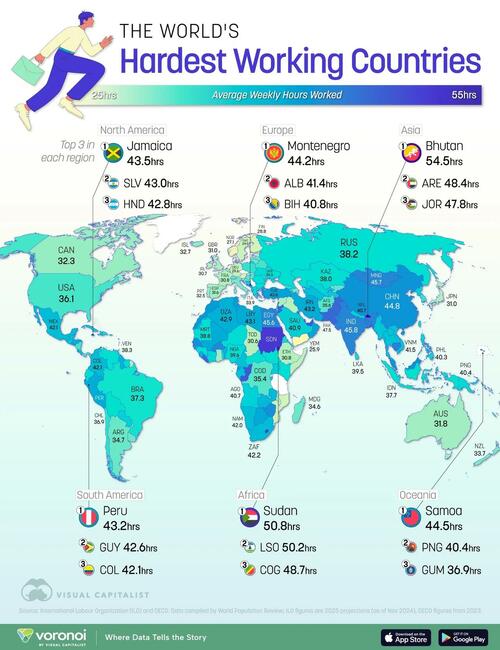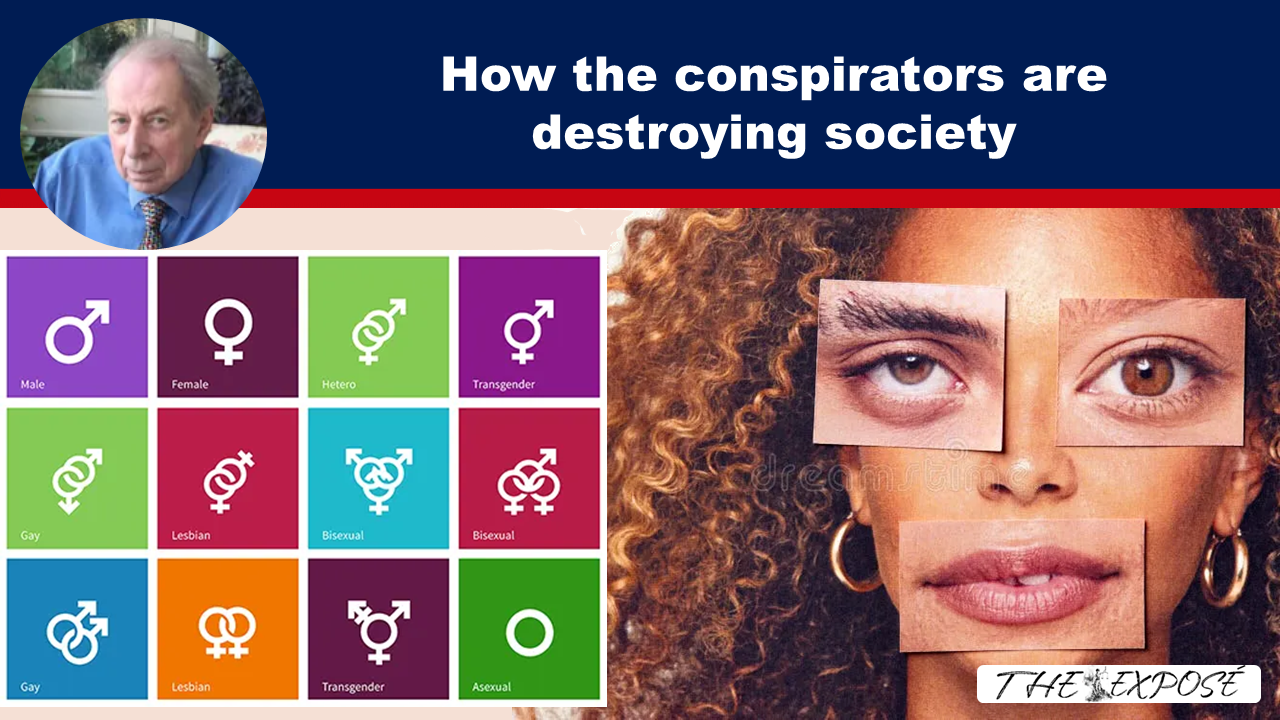From Covid Lockdowns to Net Zero, There’s Nothing Noble About the Lies We’re Told

It has recently become the fashion to kick Cold-War liberalism in the shins. Samuel Moyn, an influential Yale professor, is making an entire career out of this. And one also has Quinn Slobodian, who energetically blames neo-liberals for the revival of fascism. It is exciting, this view of history, it is quite possibly very appealing to the bien-pensant young, and it is complete rubbish.
However, I do think some of the Cold Warriors do bear a certain amount of blame for something else. For they helped perpetuate, in the angst-ridden and confused but very certain era of the Cold War, the myth that, since the East was closed, the West must be open. And clever men like Karl Popper contributed to this myth, by published in 1945 his book The Open Society and Its Enemies in which he blamed Plato and Hegel and Marx for totalitarianism. Plato was the major culprit. Richard Crossman, Labour politician, diarist and classicist, wrote a book in 1939 called Plato Today in which he said similar things. Isaiah Berlin, in almost everything he wrote from the 1940s until his death, argued that Plato was responsible for making us obsessed with oneness, unity, singularity, whereas we would all be better off if we accepted a plurality of positions.
Why was Plato blamed for this? I think it was because of his doctrine of the Noble Lie.
- Open Society = a society in which everyone tells the truth
- Closed Society = a society in which our betters lie to us for our own good (sotto voce: like the Russians)
So Plato’s Noble Lie was the enemy. It meant Hitler and Stalin. The Noble Lie was the means by which tyrants and despots impose their grim orders on us by lying to us.
Now, the effective part of this Cold War or Liberal myth was that it was very flattering to us. They were closed, but we were open. They were monolithic, but we were pluralistic. They were dragooned and coerced in Stakhanovite manner, but we were free to wear miniskirts and flares and loll about listening to LPs.
But it was a lie.
COVID-19 proved this beyond a shadow of a doubt.
And notice the irony. The claim that we lived in an open society was a lie. For it was not open. It was a society based on lies. Think about this. Our ‘open’ society lied to us about the fact that this society was itself based on lies: indeed, it claimed not to be based on a lie. But this claim was itself the lie. I’d better spell this paradox out so even I can see it clearly:
- The Open Society is (by definition) not based on a Noble Lie.
- But the Open Society is (alas) based on a Noble Lie.
- This Noble Lie is that our Society is not based on a Noble Lie.
Voila!
In the spirit of academic retirement, I yesterday read an academic article on this. By David Lay Williams, it is entitled ‘Plato’s Noble Lie: From Kallipolis to Magnesia‘ (History of Political Thought 34 (2013), pp 363-392). It argues that though Plato, or Socrates, advocated the Noble Lie in the Republic, by the time Plato came to write the Laws he had given up this idea. Not everyone agrees with this as an interpretation of Plato, but the distinction is interesting, since it is instructive for us, even now. The question is whether we suppose that there is a ruling or expert class that can know better than the rest of us. In the Republic Plato thought ‘Yes’. So he decided that this class should impose order on the hoi polloi by the use of the Noble Lie: the myth necessary to herd the sheep. But in the Laws he thought ‘No’. He thought ‘No’ because he was perhaps less convinced that a particular class could know the good. But, ironically, he was forced to admit that, if a particular ruling or expert class could not know the good better than the rest of us, then it followed that we were all in the same boat. We should all have the same laws. There should not be a Noble Lie. Instead, we should tell the truth. (The irony, of course, is that though Plato was more pessimistic about the possibility of having a class of good rulers, he found himself committed to a more optimistic vision of a society based not upon a lie but upon the truth. Oddly, instead of assuming that some people were able, good and truthful — the experts — he had to assume that everyone was able, good and truthful. And scholars say Laws is the more realistic work!)
Have we really made any progress on Plato? On the one hand, Noble Lie. On the other hand, Truth. These are, surely, the equivalents of Rock and Hard Place. Noble Lie: cannot do without it. Truth: even the Noble Lie cannot do without that, even though the Noble Lie contradicts it. (The Noble Lie only works because some people know the truth.) Truth: indistinguishable, most of the time, from ‘Truth’ (my truth, your truth, the IPCC’s truth): hence a Noble Lie.
In the late 20th century we — most of us — thought that the world was truthful, transparent, open. But it was not. We had a Noble Lie, and it was the lie that we did not have a Noble Lie. This worked as long as there was an obviously and apparently bad counter-order to our own, i.e., Soviet Russia. But ever since 1989 (or 1991) we have been looking for other shadows for our substance and by and large failing to find them. And as the ruling class of our Open Society has declined and decayed, it has begun, without knowing what it is doing, to look for a rather more positive Noble Lie to hold the new order together. There were some, in retrospect, very spurious suggestions at first: Clinton’s triangulations, Blair’s Iraq etc. But the serious candidates turned out to be: 1. Diversity, latterly boosted by Immigration, and 2. Climate Change: though these, since they operated by stealth over decades were not noticed, in accordance with the boiling frog principle. But 3. COVID-19 — and hence its vast historical significance, which still seems inadequately recognised — blew everything apart because it came as a sudden blow, a veritable coup d’état. It was imposed on everyone at once: and, ironically, it very obviously closed us all down. It was the inversion moment: the moment when the Open Society, crying salus populi suprema lex, turned itself into a Closed Society: and, in order to do so, spent a lot of time, effort and debt confecting the greatest Noble Lies of all, namely the Nudge and Pharma propaganda of 2020-22.
Now, what are these most recent Noble Lies about? Noble Lie 1: we must achieve Net Zero in order to save the planet. Noble Lie 2: we benefit from immigrants: all immigrants, any immigrants, many immigrants. Noble Lie 3: we had to socially distance, lock down, take the vaccine etc. The odd thing is that they are so very instrumental. They are actually not very Noble. And this is where it was wrong to blame Plato. His lies were noble: constructive, not destructive.
Let me explain this last point. Plato’s, or Socrates’s Noble Lie, the one in the Republic, was a myth that served to justify the authority of rulers, to explain why we found ourselves in particular situations in society, rich or poor, peasant or lord. They were concerned with holding the group together. In this sense they were what Jouvenel called “pure politics”: by which he meant not the politics of doing this or that but the fundamental politics of simply holding us together in a society or state. They were noble. But if we have a politics of achieving this or that particular thing then we are engaging in an instrumental or impure politics: a politics of policies.
What is odd about our most recent lies is that they are not myths that explain to us why we are who we are or why we should be just — no Myth of Metals or Myth of Er here. They are not as fundamental as that. They are policy lies. They have a hint of Satanic inversion about them. Follow the logic.
- Undermining energy policy will, er, benefit our energy system.
- Undermining our borders will, er, benefit our society.
- Undermining our health will, er, benefit our health.
They are, or in the case of COVID-19 were, all policies involving a lie. So they are very dangerous: they commit us to doing things, something very stupid things — all the things we associate with Boris Johnson, Ed Miliband etc. If they were mere Noble Lies we could laugh at them, if we wanted, or labour under them, but they wouldn’t hurt except insofar as we would be hurt by having our own place in this society justified to us. But Plato’s Noble Lies did not commit Athens, or Kallipolis, to any particular course of action. (No one in ancient Athens ever claimed that the Sicilian adventure or the war with Sparta would ‘flatten the curve’ or ‘save the planet’.) Plato, brilliant as he was, never thought up Net Zero or Pandemic Protocols. Whereas our Ignoble Liars did. So it seems to me that we made a mistake to blame Plato in the last century. He admitted that the Noble Lies would be lies. Whereas our geniuses lack the bravery or insight to admit such a thing.
Plato was a profound thinker. He was fond of hypotheses, of the if this, then that sort. He was also fond of the truth. And this is why, as someone who cared about the truth, he saw that he had to deal with the unfortunate fact that politics sometimes depends on lies. Indeed, political order itself may depend on lies. He was a philosopher. He would have been a bad philosopher if he had been unwilling to think through the significance of the lie as well as the significance of the truth.
Our vapid elites are at the fag end of the age of the Open Society and still believe that their order does not depend on lies. And, believing this, they lie far more thoroughly and evilly than they would if they were willing, like Plato or Machiavelli, to be a bit more truthful about politics.
James Alexander is a Professor in the Department of Political Science at Bilkent University in Turkey.
Recent Top Stories
Sorry, we couldn't find any posts. Please try a different search.










